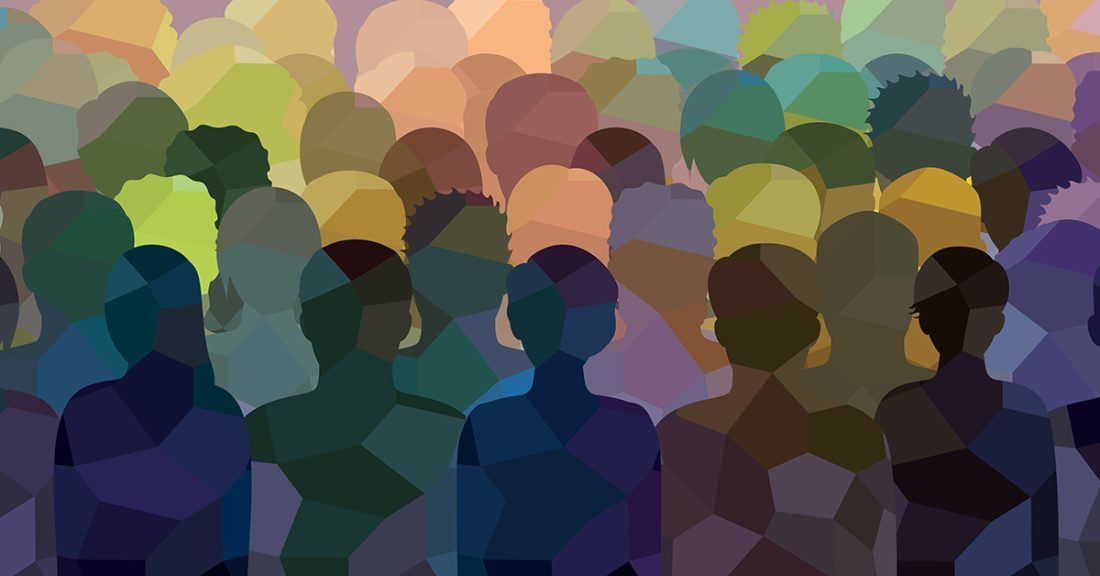Why is equality so unnatractive? A review (but mostly opinon) on Kaolvenbach's essay.
Why is Equality so Unattractive?
Response to: Commitment to Justice in Jesuit Higher Learning
No...seriously, why is equality so unattractive? I think that it is a fair point to argue that we are innately selfish. In "Commitment to Justice in Jesuit Higher Learning, "Kolvenbach brings up a good point as to why we are so selfish. He states that we have grown up in an environment that has preached "survival of the fittest" so much so that we have forgotten who we are fighting against...when in reality...we are fighting against one another, but why? If survival of the fittest is our motto, we designed the game as a single player. It's you, versus everyone else. But does that really work? Obviously not, but the idea of having everything for yourself is attractive...but why? Because that's what we have been taught. (Is it right, absolutely not).
Let's take the example of a Chinese finger trap. On one end, you have faith, on the other, you have justice. The more you try to separate them or pull your fingers out in opposite directions the more difficult it becomes. You might become frustrated, even angry ( I know I do). I think this is what is happening in our world today. Our culture tries to tell us that faith and justice cannot co-exist, they should be separated, but why? The foundation of faith, especially the catholic faith is built on love. Is this not the truth? God himself tells us he loves us in the written word, the Bible. If that wasn't enough, he sent his only son to die for us; "for what greater love is laying one's self down for their friends..." But I get it - you might not buy into that. Perhaps even a past experience has convinced you God's love doesn't exist, but who has told you? We know false teachers exist (hello, we just went over how we are taught to be selfish...) But who was your teacher, God, or someone/ something who thinks they are God? I think it is undeniably true that each person has a least one experience in which they can recall a love so infinitely large it is unexplanable. Moments that cannot exist without a higher power. A song at the right time, a beautiful sunset, or sunrise. A gentle breeze. The hug of a loved one. Some things that seem incomprehensibly beautiful. Is that not the love of God?
Regardless if you believe it, let's accept that faith is built on love. Then we should move to the argument that justice is built on love as well. I think this is also undeniable. Kolvenbach touches upon this. He explains that love is what is perhaps the biggest mover for social justice, love that comes from experience, but also understanding, empathy, and conversation. The mutual love for another is what is perhaps the greatest mover. Regardless of your pessimism, or narcissistic qualities; it is hard to deny that innate care for other human creations, or respect exists. Justice is founded on love. Is not fighting for what's right, even when it's hard, love?
But isn't justice also founded on truth? Great moral truth? This is where faith and justice also connect, not just on love; but also on truth. When looking for great truths, we know that we often do not have all the answers, it's natural to look for something greater to reveal to us the truth. Whether that be God, the universe, etc. But why are these innate truths so easily deniable? Why do we choose to separate them so much? I think because it's hard. It's counterintuitive. We have been taught to live in a culture of hate, a culture that "pulls apart". Just like the Chinese finger trap, our instinct is to pull apart. It is only when we embrace the unnatural feelings, of pushing our fingers together ( combining faith and justice), that we are set free.
Yes, it's sad to think about how we have been taught to embrace death, hate, separation, and "survival," but the only way to unlearn those things is to do the hard thing -- which most times is love. That doesn't mean love is bad, or "unnatural," it just means it takes a little more effort. But I don't think effort is a bad thing. Doing hard things is what allows us to grow.
*side note: I greatly appreciate how clear and easy to follow the essay/article/paper was written.



Comments
Post a Comment